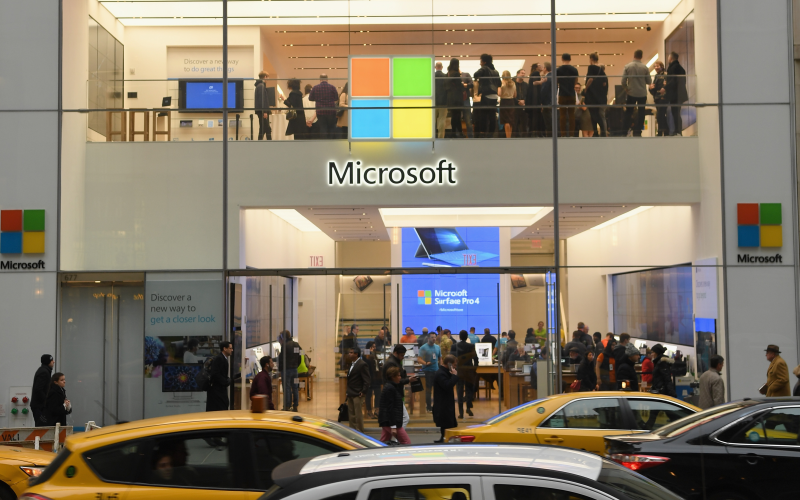Microsoft has confirmed small-scale job cuts across departments, citing performance as the determining factor.
The decision, first reported by Business Insider, was acknowledged by the company on Wednesday responding to an email from another media house CNBC.
“At Microsoft, we focus on high-performance talent,” a spokesperson stated in the email. “We are always working on helping people learn and grow. When people are not performing, we take the appropriate action.”
The layoffs will impact less than 1% of Microsoft’s 228,000 employees, according to a source familiar with the matter.
This round of layoffs is modest compared to Microsoft’s recent workforce reductions. In early 2023, the tech giant eliminated 10,000 roles and consolidated office leases. Later, in January 2024, the gaming division cut 1,900 jobs following Microsoft’s $75.4 billion acquisition of Activision Blizzard.
Microsoft continues to navigate challenges, including its evolving relationship with OpenAI, an AI startup backed by Microsoft with over $13 billion in investments. While the partnership helped push Microsoft’s market cap beyond $3 trillion in 2024, the company recently classified OpenAI as a competitor and described the collaboration as marked by “cooperation tension.”
Additionally, the rollout of Microsoft 365 Copilot, powered by OpenAI technology, has been slower than expected. UBS analysts noted after the Ignite conference that the adoption of Copilot in businesses has been “underwhelming.”
Microsoft had 228,000 employees at the end of June. While the company’s net income margin of nearly 38% is close to its highest since the early 2000s, Microsoft’s stock underperformed its peers last year, rising 12% while the Nasdaq gained 29%.
Despite these hurdles, Microsoft remains optimistic about growth. CFO Amy Hood indicated in October that Azure cloud revenue growth is expected to accelerate in early 2025 due to expanded AI infrastructure capacity.
With a net income margin nearing 38%, Microsoft’s financial health remains robust. However, the company’s stock performance has lagged behind the Nasdaq, which gained 29% last year compared to Microsoft’s 12% rise.
















